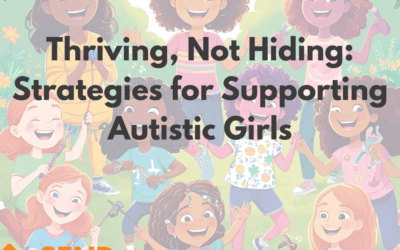Back in 2020 the year was bleak, the pandemic was rife, there lockdowns there were ups and downs and not knowing what was going to happen next was on everyone’s mind, especially mine.
I founded SEND Group back in 2016 after applying to 17 jobs and not getting a response. As a severely dyslexic adult that has worked in the dyslexia field for over 20 years and have a vast network, I was able to deliver what I set out to achieve. To ensure teachers, ta’s, schools and educational professionals have personalised continuing professional development from known experts within their respective fields, to ultimately empower their achievements.
Going forward I always looked at resources and at how we could support more young people in our schools through different ways. Maybe through technology, such as something that is very different fun and engaging in a very different way.
I came across Dekko Comics as part of my role as founder of the Dyslexia Show, knowing that Dekko Comics Founder Rossie Stone was dyslexic and had ADHD. As with most people within the dyslexia world I got on with Rossie amazingly well and we both got to realise, at the later part of 2020, that there was definitely a business relationship brewing.
Working closely with the Dekko team on marketing and strategy, pulling together ideas and resources that I am aware of, and other people told me about, to help support them in their ongoing mission in creating fun and engaging resources for young people at Key Stage 2.
I was delighted at the end of April when we were able to launch Dekko Schools Resources, a truly different way of thinking when it comes to supporting all students, pulling together 144 comics stories and validating all 12 comics to the Key Stage 2 National Curriculum, along with the free resources and National Curriculum guides. Supporting teachers in using the Dekko Comics in their lessons by having the subject map. Which comes as a free resource.
Creating the activity pack that gives 60 activities related to Dekko comics. Dekko for Education is a truly different way of thinking, it supports all people especially those that are reluctant readers or have difficulty reading but want to be engaged by using fun and wacky ideas.
For me I see the joy in young people when they read something that they enjoy like a comic book, let’s use this to support with learning and support with development and ultimately empower that young person.
Arran Smith

